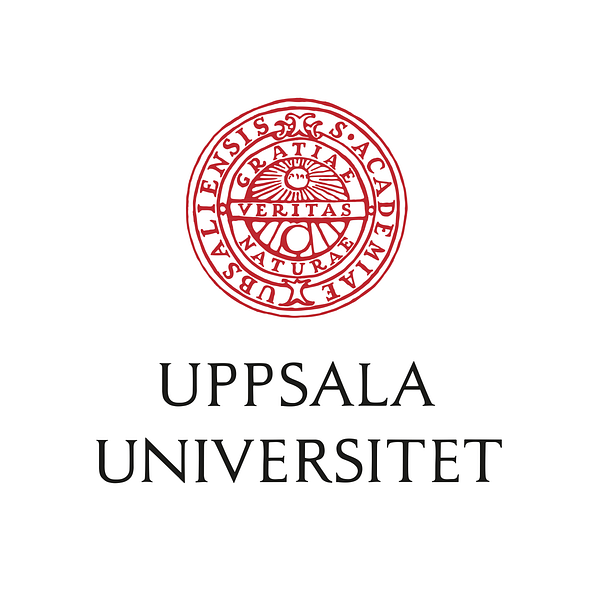Pressmeddelande -
Conclusions on ending childhood obesity from Uppsala Health Summit 2016
Uppsala Health Summit concluded its deliberations on how to end childhood obesity this week with a number of recommendations to governments, the food industry and numerous other stakeholders.
This year, Uppsala Health Summit focused on the next steps to take towards ending childhood obesity, and which are the most appropriate stakeholders for these. The starting point for the discussions, which gathered around 200 decision-makers, opinion-builders and experts from 37 different countries, was WHO’s report on Ending Childhood Obesity, which is now to be developed into an implementation plan.
There was general agreement on the need for multi-stakeholder interventions, which however will not release governments from their overall responsibility for children’s right to a healthy environment.
Some of the conclusions from the workshops and the plenary discussions:
- Ethical considerations deserve more attention. Include a dialogue on possible ethical dilemmas as part of the further development of WHO’s implementation plan.
- Fiscal measures have great potential as a policy tool to combat childhood obesity, but need to be combined with other measures to reach the desired outcome on obesity rates. Fiscal measurers can include taxes or subsidies, or both. Focusing solely on taxes may limit the potential of fiscal measures. Using subsidies can have advantages from an equity point of view, and also make fiscal measures more acceptable. A tax base should be as broad as possible to avoid substitution between products.
- Policies addressing our lifestyles must be based on the current composition of our societies. Migration, within or across national borders, is increasing rapidly. A global plan as well as national governmental plans should consider the special challenges that these population groups meet, and name them. Action plans must also be based on solid data on the current population mix.
- Schools are key arenas for combating childhood obesity. If health theory is to transition into practice, teachers need support and training. International comparisons of schools need to have a more holistic approach. Criteria for academic performance need to be complemented by criteria for assessing healthy eating, physical activity and health literacy.
- The food value chain actors are important stakeholders in changing the obesogenic environment, but we need a clear political leadership that drives demands for action from the industry. Clear targets were asked for, as individual companies may be reluctant to make the first move, fearing a competitive disadvantage. Broad joint initiatives, defining or refining targets, can further drive this capacity for change. This can be complemented by empowered and/or incentivised consumers, increasing the value of healthy food options and driving change.
- Empowerment should be viewed as a powerful tool to carry out a number of recommendations and related actions proposed in the draft implementation plan. Global and local leadership is needed but local ownership is essential. This enables local anchorage and promotes local coordination of interventions.
- A proposal was made to initiate ECHO zones, geographical areas with a special focus on combating childhood obesity. Establishment of the zones would provide a structure for initiating multi-stakeholder activities (using a bottom-up as well as top-down approach), and offer the possibility to scale up activities.
A full Post-Conference Report from Uppsala Health Summit will be published in January 2017.
For more information, please contact Professor Rikard Landberg, Chair of the Programme Committee, Uppsala Health Summit, email: rikard.landberg@slu.se; tel +46 72 548 23 50
Uppsala Health Summit is an annual international arena for selected decision-makers, opinion-shapers and experts from all over the world to engage in solution-oriented dialogue, with a focus on challenges for health and healthcare. The goal is to use our combined knowledge from research and innovations to lay the first building blocks for concrete actions.
The partners behind Uppsala Health Summit are Uppsala University, the Swedish University of Agricultural Sciences, the Swedish National Food Administration, the Swedish Medical Products Agency, the Swedish National Veterinary Institute, Uppsala County Council, the City of Uppsala and the not-for-profit network “Worldclass Uppsala”.
Ämnen
Regioner
Uppsala universitet - kvalitet, kunskap och kreativitet sedan 1477. Forskning i världsklass och högklassig utbildning till global nytta för samhälle, näringsliv och kultur. Uppsala universitet är ett av norra Europas högst rankade lärosäten. www.uu.se
